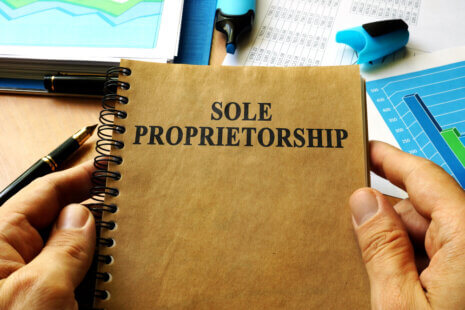Small businesses can employ various strategies to minimize their tax liabilities legally and effectively.
Here are some common methods for small businesses to avoid paying high taxes…
- Choose the Right Business Structure – Selecting the appropriate business structure can significantly impact your tax liability. Depending on factors such as income level, liability protection, and tax flexibility, options include sole proprietorships, partnerships, LLCs, S corporations, and C corporations. Consulting with a tax advisor can help you choose the structure that best suits your needs and minimizes taxes.
- Maximize Deductions – Take advantage of all available tax deductions to reduce taxable income. Common business deductions include expenses for rent, utilities, supplies, equipment, salaries, benefits, travel, and professional services. Keep accurate records and retain receipts to support your deductions.
- Utilize Tax Credits – Investigate tax credits for which your business may be eligible. Tax credits directly reduce your tax liability dollar-for-dollar and can include credits for activities such as research and development, hiring certain employees, investing in renewable energy, and providing healthcare coverage to employees.
- Retirement Contributions – Maximize contributions to tax-advantaged retirement accounts such as SEP-IRAs, SIMPLE IRAs, or self-employed 401(k) plans. Contributions to these accounts are typically tax-deductible, reducing taxable income and providing long-term savings benefits.
- Asset Depreciation and Amortization – Take advantage of depreciation and amortization deductions for business assets. These deductions allow you to recover the cost of certain assets over time, reducing taxable income in the process.
- Strategic Timing of Income and Expenses – Manage the timing of income and expenses to your advantage. For example, consider deferring income or accelerating deductions into the current tax year to optimize your tax situation. Be mindful of tax implications when making financial decisions throughout the year.
- Tax Planning and Professional Advice – Work with a tax professional or accountant to develop a proactive tax strategy tailored to your business. A knowledgeable advisor can help you identify opportunities for tax savings, navigate complex tax laws, and ensure compliance with regulations.
- Stay Informed About Tax Law Changes – Stay up-to-date on changes to tax laws and regulations that may affect your business. Being aware of new deductions, credits, incentives, and compliance requirements can help you take advantage of opportunities and avoid surprises at tax time.
By implementing these strategies and staying proactive about tax planning, small businesses can minimize their tax liabilities while remaining compliant with tax laws and regulations.




